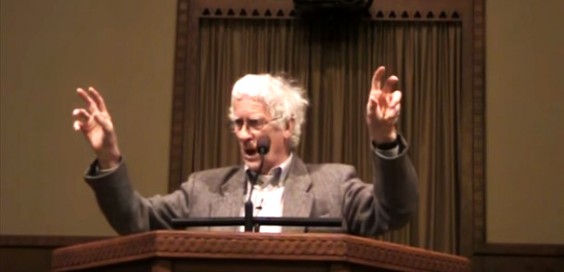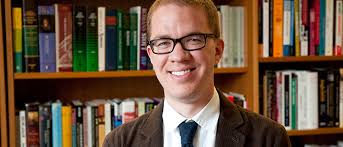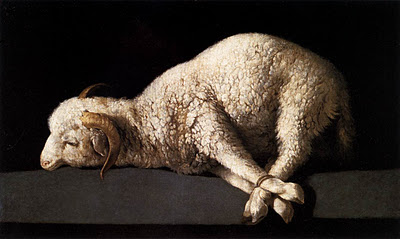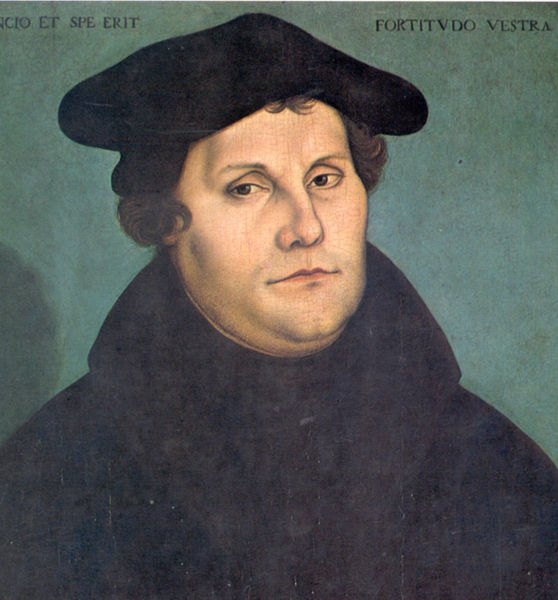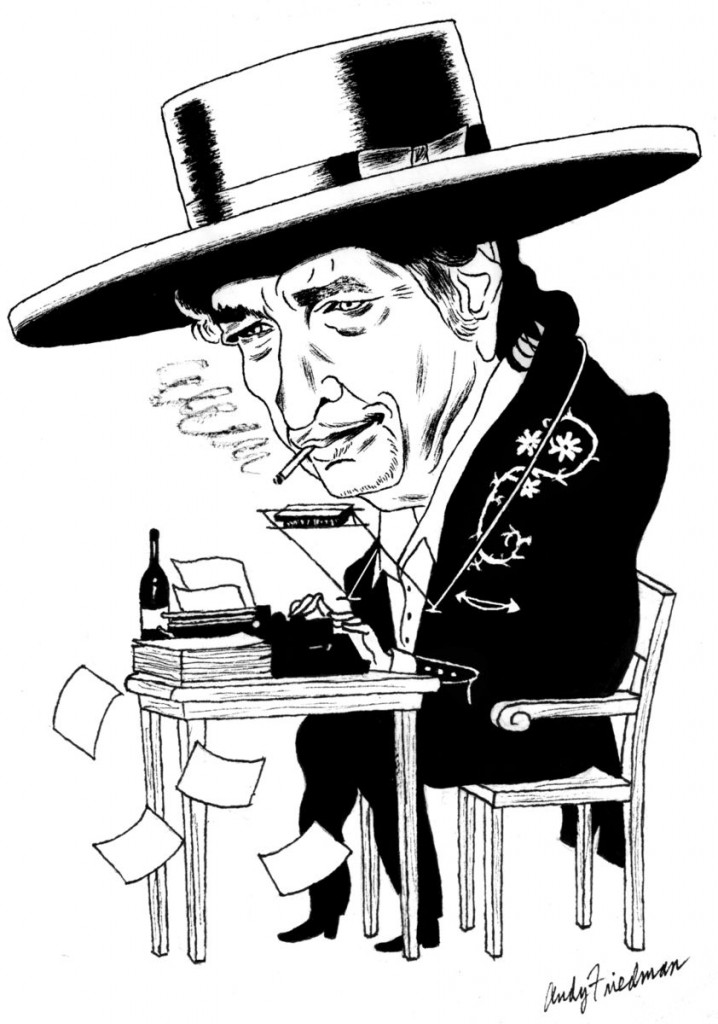
I [will] endeavour to carry on theology, and only theology,
now as previously, and as if nothing had happened
(Karl Barth, Theological Existence Today, 9).
On June 24, 1933 Adolf Hitler intervened directly in the German Protestant churches to bring them under the control of the new National Socialist government. Many German Christians celebrated the ascendancy of Hitler, believing the Führer to be chosen and sent by God to aid Germany in her troubles. They willingly accepted the assimilation of the church into the Nazi programme. That evening Karl Barth sat down and wrote a missive entitled Theological Existence Today. He sent a copy to Hitler, and by the time the regime banned the treatise a year later, tens of thousands of copies had been distributed.
Barth’s famous—infamous—response has sometimes been read as a statement of withdrawal from the public sphere, of the isolation of theology from the great events of the day. Barth, however, was no political or ethical quietist. Barth was not advocating a focus on esoteric theological questions disconnected from the affairs of everyday life, nor yet pietistic escapism from the horrors and difficulties of the world. His stance was an act of theological rebellion, a refusal to violate the first commandment by giving any allegiance or comfort to a false god. His response to the crisis confronting the church is that the church return to its primary vocation, simply, to be the church—the church of the cross. Barth diagnosed the crisis as a theological and spiritual rather than political crisis, and so the church’s response to the crisis must be theological and spiritual.
When Barth speaks of theological existence, it can legitimately be interpreted as Christian existence, for all Christian existence is theological existence. When Barth spoke of practising theology and only theology he meant the proclamation of the sole Lordship of Jesus Christ, the reality of the kingdom of God, the rule of divine love, the promise and claim of the one God.
Jesus Christ, as he is attested for us in Holy Scripture, is the one Word of God which we have to hear and which we have to trust and obey in life and in death
(Barmen Declaration, Thesis 1).
Our situation today bears some similarities to that faced by Barth, though, one hopes, not nearly so sinister. This is not a time for Christians to wring hands in despair, to assail those too blind to see what they think they can see; let alone the time for Christians to place their hope in messiahs who cannot possibly lead them to the Promised Land. Rather, it is a time for Christians to be the church of the Word, the church under the cross.
It is the time for those who pray to continue to pray “as if nothing had happened.” For those who preach, to continue to preach “as if nothing had happened.” For those who serve in the name of Jesus Christ, who care for the poor, who seek justice, who make disciples, who practise love of neighbour, who reach out a helping hand, who act in the public square, who live virtuously, who hunger and thirst after righteousness, who bend their ear and their heart to hear the Word of God—for those who do all this and more besides in the name of Jesus, to continue to do so “as if nothing had happened.”
The really momentous things happening in our world are not those things which consume the eyes and ears of the media and social media. Rather, when Christians bow in prayer, reach out in love, attend to Holy Scripture, hold forth the Word of Life—the kingdom of heaven is among you.

